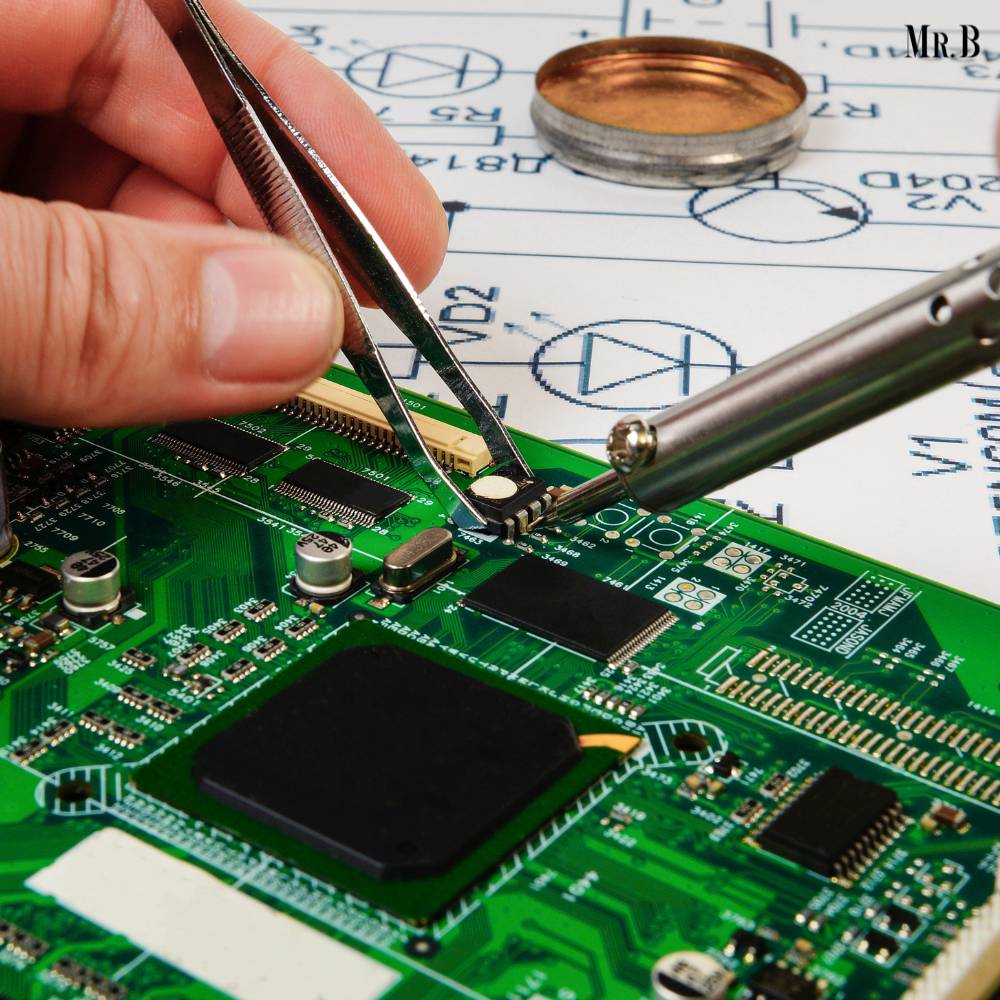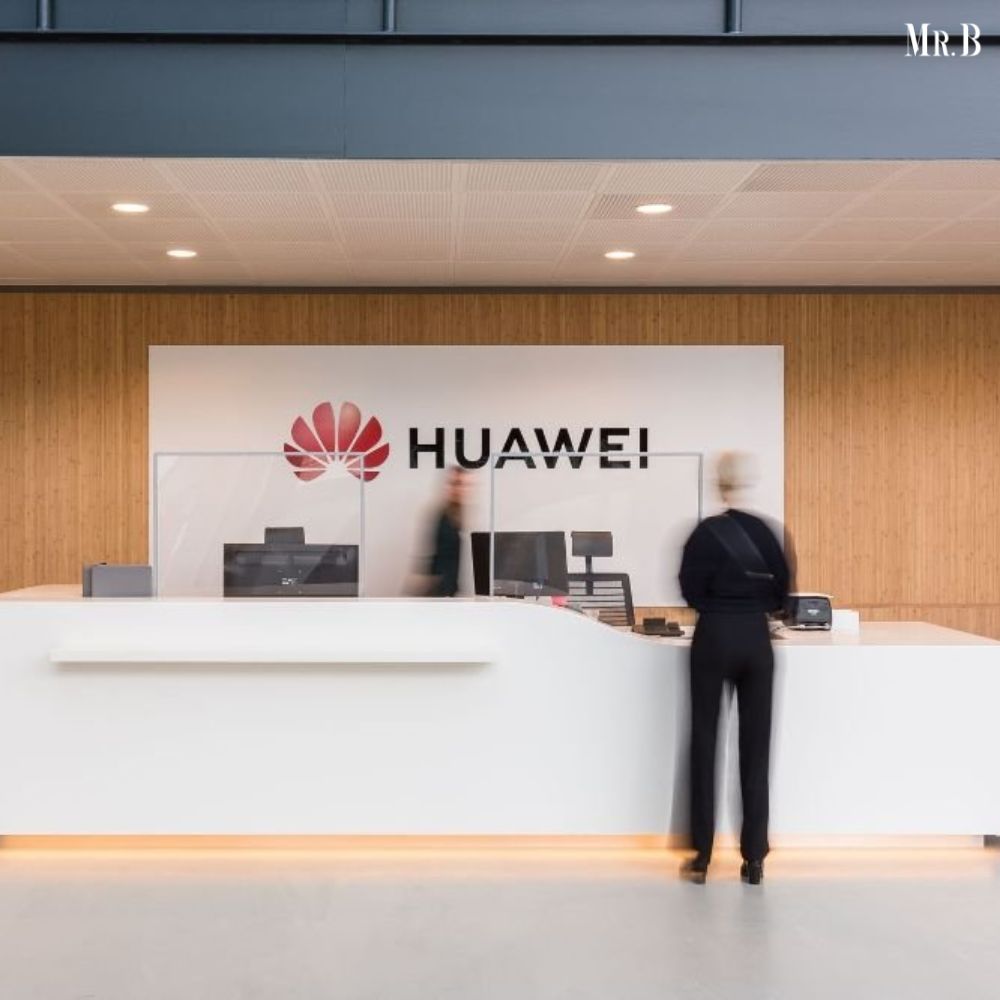How Can Electronic Manufacturing Services Be Sustainable and Environment Friendly?
- Category: Manufacturing

Electronic manufacturing services have been growing exponentially. This transformation is not only a response to the growing demand for electronic products but also a crucial step in mitigating the environmental impact of manufacturing processes. In this article, we will delve into the multifaceted aspects of how the EMS industry can embrace sustainability, the essential role manufacturing industries play in this shift, and the compelling reasons behind prioritizing eco-friendly operations.
The Role of Manufacturing Industries in Driving Sustainability:
Electronic manufacturing services are intrinsically tied to the production of electronic components and devices. To propel EMS towards a more sustainable future, manufacturing industries must take a proactive role in reshaping traditional practices. The adoption of green manufacturing practices is paramount, involving the optimization of processes to minimize waste, reduce energy consumption, and incorporate environmentally friendly materials. Such initiatives hold the potential for both cost savings and environmental conservation, creating a symbiotic relationship between manufacturers and the planet.
1. Material Selection:
The crux of sustainable electronic manufacturing lies in the careful selection of materials. Printed circuit boards (PCBs), components, and packaging materials, the building blocks of electronic devices, must be scrutinized for their environmental impact. Opting for recyclable and environmentally friendly materials becomes imperative to reduce the ecological footprint. Collaboration with suppliers is key to ensuring that the commitment to sustainability extends throughout the entire supply chain.

2. Energy Efficiency:
Energy-intensive manufacturing processes have long been a hallmark of the industry. However, the adoption of energy-efficient technologies can revolutionize these processes. Integrating renewable energy sources into the manufacturing ecosystem, employing energy-efficient equipment, and embracing smart manufacturing solutions are vital steps towards reducing the industry’s carbon footprint. The efficiency gains not only align with sustainability goals but can also translate into significant cost savings for manufacturers.
3. Waste Reduction and Recycling:
Waste reduction is a critical aspect of sustainable manufacturing. Adopting lean manufacturing principles can streamline processes, minimizing waste generation. Furthermore, the promotion of recycling initiatives for electronic components fosters a circular economy. Manufacturers can forge partnerships with recycling facilities to ensure responsible disposal of electronic waste, mitigating the environmental impact of e-waste accumulation.
4. Supply Chain Optimization:
Sustainability in electronic manufacturing services extends beyond the boundaries of individual companies. Manufacturers must focus on creating transparent and sustainable supply chains. Selecting suppliers who share a commitment to eco-friendly practices and ethical material sourcing is essential. This collaborative approach ensures that the entire ecosystem operates with sustainability at its core, from raw material extraction to the end-of-life disposition of electronic products.
Key Strategies for Sustainable Electronic Manufacturing Services:
1. Procurement of Raw Material:
Electronic manufacturing heavily relies on materials like printed circuit boards (PCBs), components, and packaging. Choosing recyclable and eco-friendly materials is imperative to reduce the ecological footprint of electronic devices. Collaboration with suppliers becomes essential to ensure the sustainability of the entire supply chain.
2. Tech-efficient manufacturing:
Energy-intensive manufacturing processes can be reimagined through the adoption of energy-efficient technologies. This includes the integration of renewable energy sources, energy-efficient equipment, and the implementation of smart manufacturing solutions, contributing significantly to a reduced carbon footprint.

3. Avoiding wastes:
Waste minimization is a critical facet of sustainable manufacturing. Practices such as lean manufacturing principles and the promotion of recycling initiatives for electronic components can foster a circular economy. Partnerships with recycling facilities further enable the responsible disposal of electronic waste, preventing environmental harm.
4. Enhancing Distribution Process:
The sustainability of electronic manufacturing services extends beyond individual processes. Manufacturers should focus on creating transparent and sustainable supply chains, selecting suppliers committed to eco-friendly practices and ethical material sourcing.
The Importance of Sustainability in Electronic Manufacturing Services:
1. Environmental Conservation
Sustainable practices in electronic manufacturing contribute to the preservation of natural resources and ecosystems. By reducing the environmental impact of production processes, manufacturers actively engage in climate change mitigation and biodiversity protection.
2. Regulatory Compliance
Governments and international bodies are enforcing stringent environmental regulations. Adhering to these regulations ensures legal compliance and enhances the reputation of electronic manufacturing services in the eyes of consumers and stakeholders.
3. Consumer Demand
Modern consumers are increasingly concerned about the environmental impact of their purchases. Electronic manufacturing services prioritizing sustainability can attract environmentally conscious consumers, fostering increased brand loyalty and market share.
How manufacturers can adopt eco-friendly methods of production?
1. Green Design Principles
The journey towards eco-friendly electronic manufacturing begins with product design. Manufacturers can adopt green design principles that prioritize energy efficiency, recyclability, and the use of sustainable materials. This holistic approach ensures that environmental considerations are embedded in the product’s conception, setting the stage for a more sustainable manufacturing process.

2. Energy-Efficient Manufacturing Technologies
The adoption of energy-efficient manufacturing technologies is a cornerstone of eco-friendly production. Manufacturers can invest in advanced machinery and equipment designed to optimize energy consumption. From automated production lines to smart manufacturing solutions, these technologies not only enhance efficiency but also contribute to significant reductions in energy usage, aligning with sustainability goals.
3. Renewable Energy Integration
Shifting towards a reliance on renewable energy sources is a transformative step in greening the electronic manufacturing process. Manufacturers can harness solar, wind, or other renewable energy forms to power their facilities. This not only reduces the carbon footprint associated with energy consumption but also demonstrates a commitment to sustainable practices that resonate with environmentally conscious consumers.
Conclusion:
The electronic manufacturing services industry stands at the forefront of building a sustainable and eco-friendly future. Manufacturing industries, as key players in this transformation, must spearhead initiatives ranging from material selection to supply chain optimization. Sustainability is not merely a buzzword; it represents a fundamental shift towards responsible business operations that benefit both the industry and the planet. As electronic manufacturing services evolve, a steadfast commitment to sustainability will be instrumental in shaping a greener, more environmentally friendly future.







